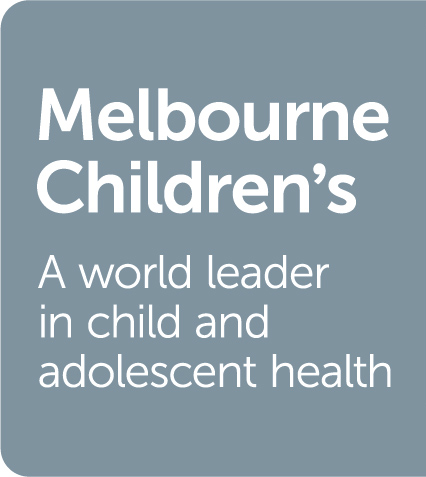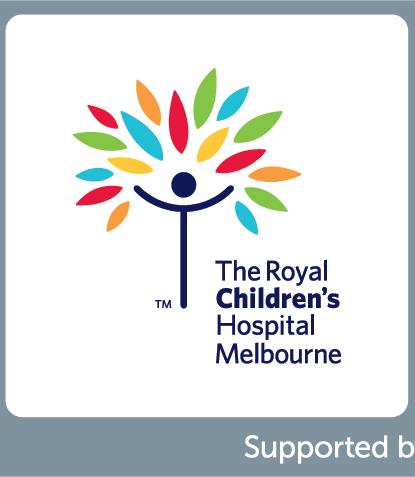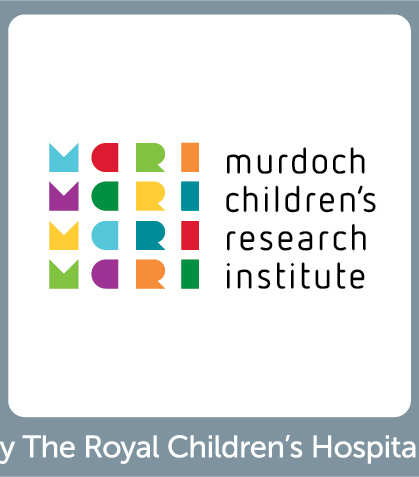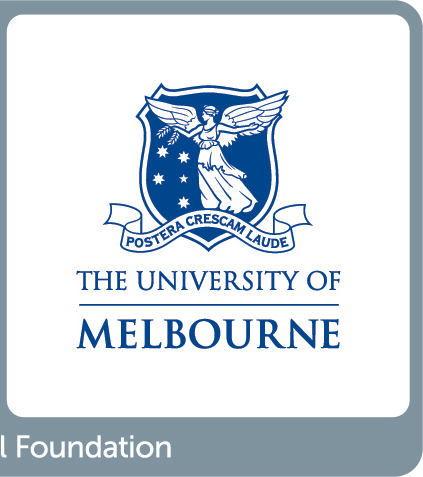Improving mental health among transgender, gender diverse, and non-binary adolescents
Why do we need this project?
Transgender, gender diverse, and non-binary (TGDNB) people are those whose gender identity differs from their birth-assigned sex. Research tells us TGDNB people have poorer mental health outcomes, including higher than expected rates of psychopathology, distress, and suicidality (i.e. 48% of Australian TGDNB youth report having attempted suicide) compared to non-TGDNB groups
Although some relevant psychological interventions have recently been developed overseas, there currently is limited evidence to support their feasibility and efficacy, and they have not yet been tested in an Australian context.
Aim
The aim of the study is to co-design a structured group cognitive-behavioural therapy (CBT) program for TGDNB adolescents attending the RCH Gender Service (RCHGS) and conduct a non-randomised trial of the program to improve mental health.
The research will answer the following questions:
- do TGDNB young people who receive the group CBT intervention show significant improvement in mental health outcomes that are sustained for 6 months or more?
- do TGDNB young people who receive the group CBT intervention show significantly reduced minority stress (i.e. less internalised stigma, greater pride in identity) from pre to post-intervention, sustained at six months?
Research Team:
- Tim Cronin
- Alessandra Chinsen
- Carmen Pace
- Dr Ken Pang
- Michelle Tollit
- Dr Michelle Telfer
- Zeffie Poulakis
- Chris Pepping
Acknowledgement of Country



At Mental Health Central we acknowledge the traditional custodians of the land on which we live, gather and work. We recognise their continuing connection to land, water and community. We pay respect to Elders past, present and emerging.



